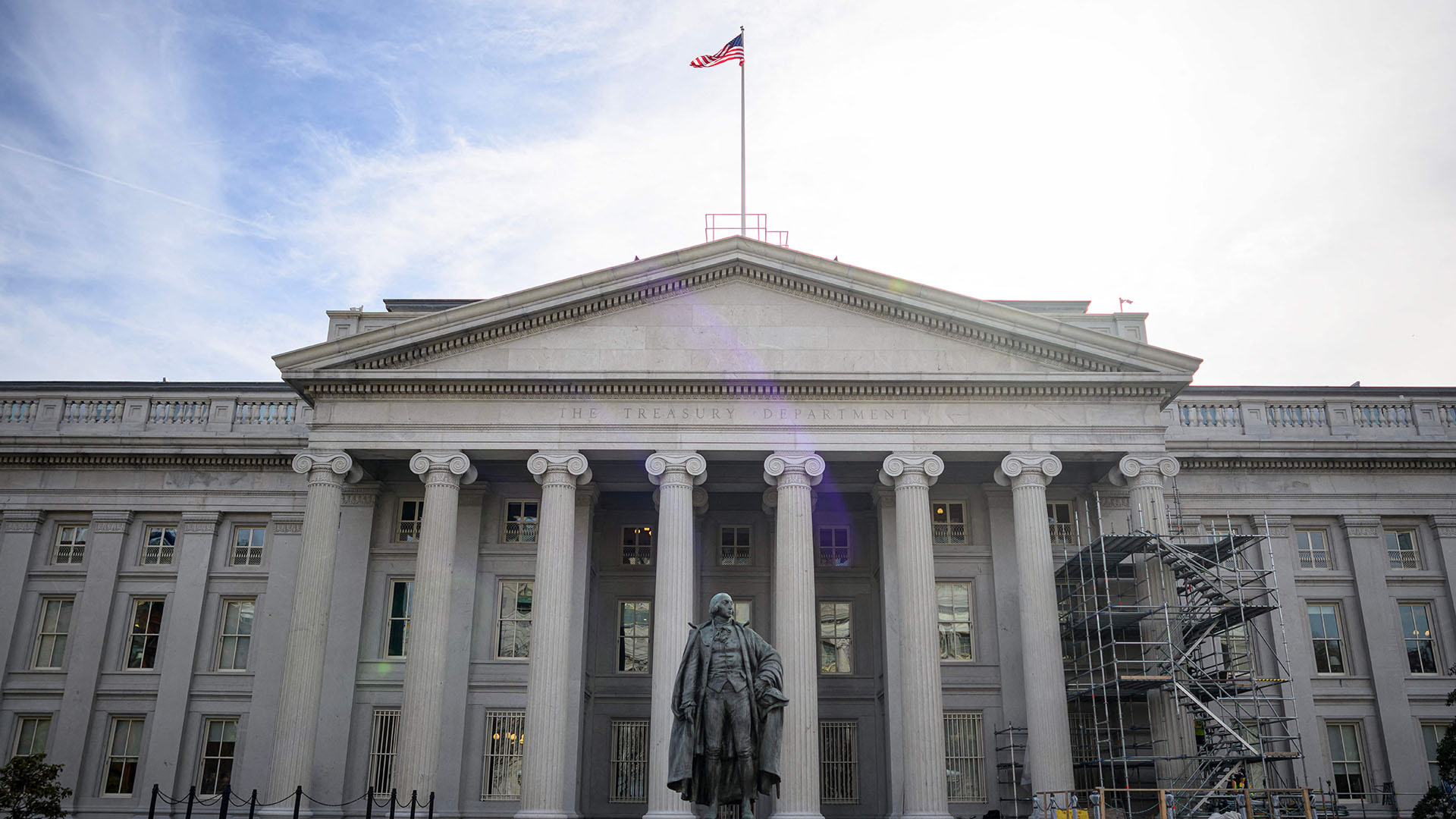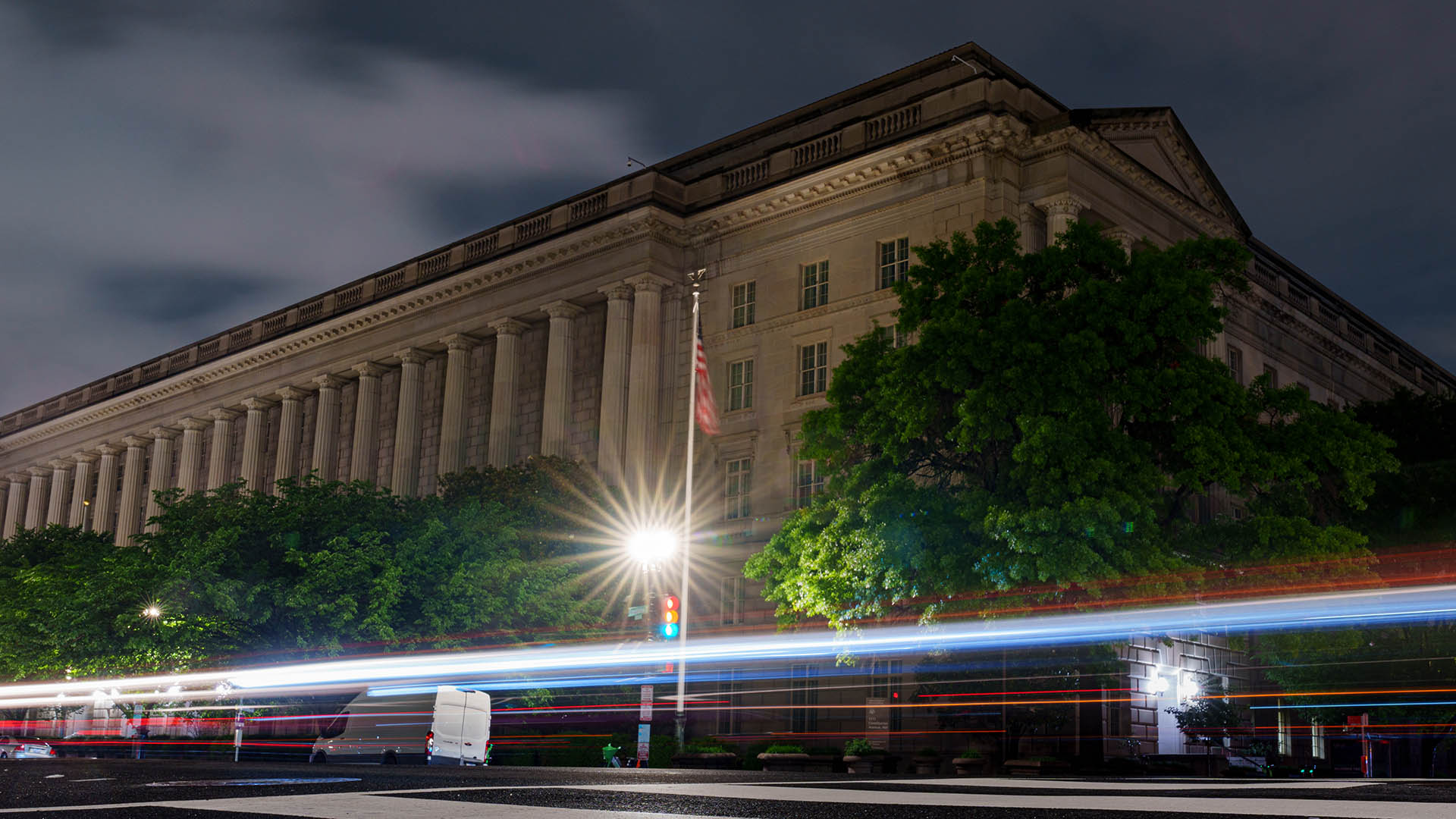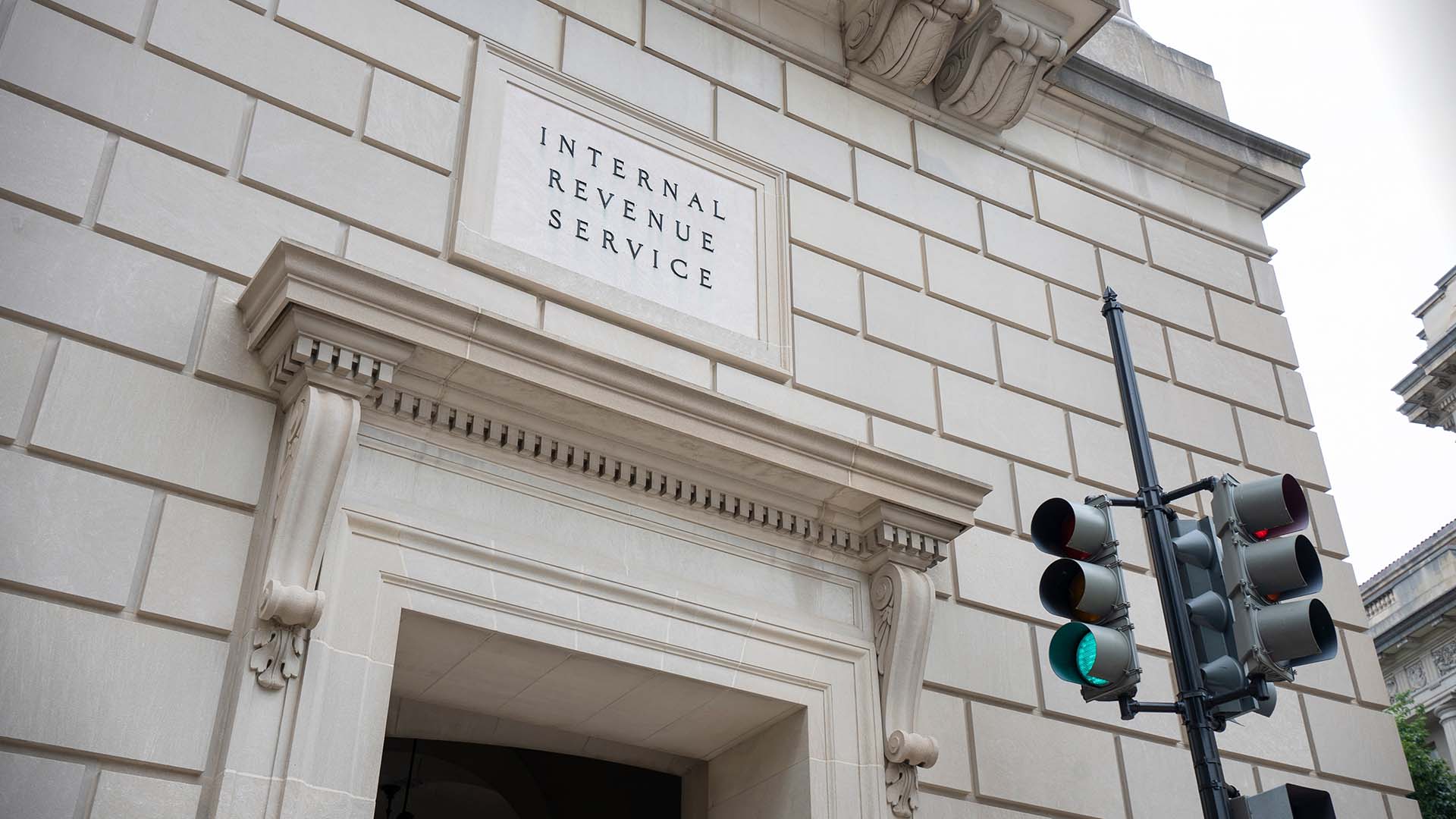The IRS plans to shut down a tax loophole used by large, complex partnerships, allowing the U.S. Department of Treasury to raise an estimated $50 billion or more in revenue over 10 years.
The move is the latest in a series of faltering efforts the IRS has taken to hold the ultrawealthy more accountable, and comes less than three months after an ICIJ investigation into the ways the opaque partnership structures were being used to dodge taxes.
The investigation, based on interviews with dozens of former tax officials and details from hundreds of leaked IRS forms, showed a regime of federal rules — some created by the IRS itself — that have enabled secrecy-seeking investors to run circles around the agency, aided by accountants and lawyers who readily help them exploit weak rules and years-long patterns of lax enforcement.
“Treasury and the IRS are focused on addressing high-end tax abuse from all angles,” said U.S. Secretary of the Treasury Janet L. Yellen in a statement that accompanied the IRS announcement last week.
The proposed new regulations will specifically target large partnerships, the fastest-growing type of business entity in the U.S., which can invest in one another and link within labyrinthine, interconnected structures. The audit rate for large partnerships has hovered near zero percent in recent years.
The IRS has specifically flagged a tax strategy known as basis shifting, where assets are moved from one entity to another within a partnership. Taxes on assets sold by a partnership are determined after subtracting the asset’s original cost, or basis, from the proceeds. Basis shifting allows for assets to be depreciated, sometimes more than once, by moving them around within the partnership structure — minimizing tax liability, often to zero.
“These transactions defy congressional intent to avoid tax liability with little to no other economic consequences for the participating businesses,” the Treasury statement read.
The proposed regulations would include increased guidance on rules to clamp down on abusive basis shifting, as well as requirements that taxpayers’ advisors report potentially abusive transactions.
The IRS and Treasury also released a new revenue ruling that seeks to bolster the agency’s ability to go after taxpayers abusing large partnership structures, by reaffirming that much basis shifting could already be considered illegal under the codified “economic substance doctrine,” an existing law that requires transactions have an economic purpose beyond reducing taxes.
Tax attorney Monte Jackel expects the new revenue ruling will take years to hash out in court, since it implies these processes have been illegal for years, but the IRS hasn’t issued any guidance on it until now.
“I’m all in favor of legislation to fix the issue,” Jackal said. “But there’s going to be severe pushback from practitioners and all, about the retroactivity of this, plus the authority to do it at all.”



